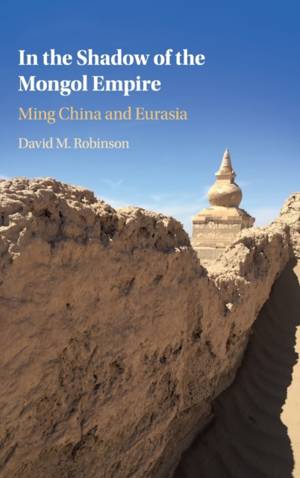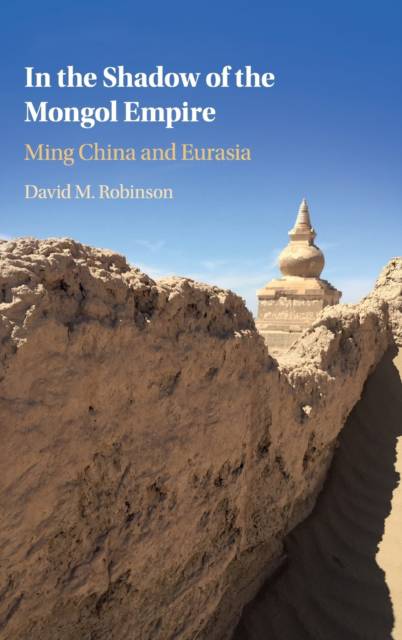
- Afhalen na 1 uur in een winkel met voorraad
- Gratis thuislevering in België vanaf € 30
- Ruim aanbod met 7 miljoen producten
- Afhalen na 1 uur in een winkel met voorraad
- Gratis thuislevering in België vanaf € 30
- Ruim aanbod met 7 miljoen producten
Zoeken
€ 141,95
+ 283 punten
Omschrijving
During the thirteenth century, the Mongols created the greatest empire in human history. Genghis Khan and his successors brought death and destruction to Eurasia. They obliterated infrastructure, devastated cities, and exterminated peoples. They also created courts in China, Persia, and southern Russia, famed throughout the world as centers of wealth, learning, power, religion, and lavish spectacle. The great Mongol houses established standards by which future rulers in Eurasia would measure themselves for centuries. In this ambitious study, David M. Robinson traces how in the late fourteenth century the newly established Ming dynasty (1368-1644) in China crafted a narrative of the fallen Mongol empire. To shape the perceptions and actions of audiences at home and abroad, the Ming court tailored its narrative of the Mongols to prove that it was the rightful successor to the Mongol empire. This is a story of how politicians exploit historical memory for their own gain.
Specificaties
Betrokkenen
- Auteur(s):
- Uitgeverij:
Inhoud
- Aantal bladzijden:
- 386
- Taal:
- Engels
Eigenschappen
- Productcode (EAN):
- 9781108482448
- Verschijningsdatum:
- 21/11/2019
- Uitvoering:
- Hardcover
- Formaat:
- Genaaid
- Afmetingen:
- 157 mm x 231 mm
- Gewicht:
- 725 g

Alleen bij Standaard Boekhandel
+ 283 punten op je klantenkaart van Standaard Boekhandel
Beoordelingen
We publiceren alleen reviews die voldoen aan de voorwaarden voor reviews. Bekijk onze voorwaarden voor reviews.











